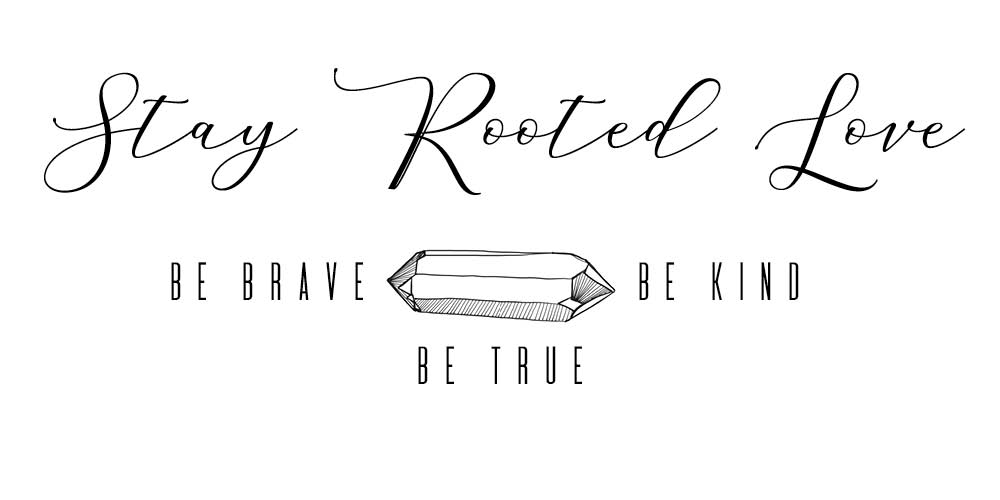Weekly Roundup (x2)
Last week I hit a wall. I was feeling so incredibly overwhelmed by all of the news headlines, whether it was about the soaring number of confirmed COVID cases in the U.S., or the videos of people refusing to wear masks in different businesses, or the painful stories (and videos) of racism.
July 3rd was a paid holiday for me, so I decided to turn my phone off for the entire day. One day, at first glance, doesn’t seem like it would have a huge impact. But those 16 waking hours or so without technology started to calm me down. I realized just how often I go to my phone for distraction. I’m moving forward from that experience with less time on my phone. I turned off most of my notifications. I stopped wearing my Fitbit that vibrated every time I got a text or reminder or email. I deleted Tiktok and stopped scrolling on Instagram.
Over the last two weeks my homework included several podcasts and books. I listened to an interview between Emma Watson and Reni Eddo-Lodge, author of Why I’m No Longer Talking to White People About Race. I also listened to an interview between Brené Brown and Ibram X. Kendi, author of several books including How to Be an Antiracist. At one point in the interview, Brené asks Ibram about what it means to be antiracist. I love his response: “The heartbeat of anti-racism is confession, is admission, is acknowledgement, is the willingness to be vulnerable, is the willingness to identify the times in which we are being racist. To be willing to diagnose ourselves and our country in our ideas and our policies.” Ibram also states that being racist or antiracist is not a fixed trait. Sometimes we are racist; sometimes we are antiracist. We will all have our moments. But the heart of antiracism is being able to acknowledge those shortcomings, learn from mistakes and from others, and then to do better.
I also read The Vanishing Half, by Brit Bennett. This was such a great novel. I read it over the course of a couple days. Bennett’s novel covers the lives of family members in several different generations, locations, and their experiences with race and racism.

